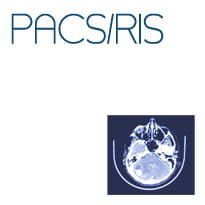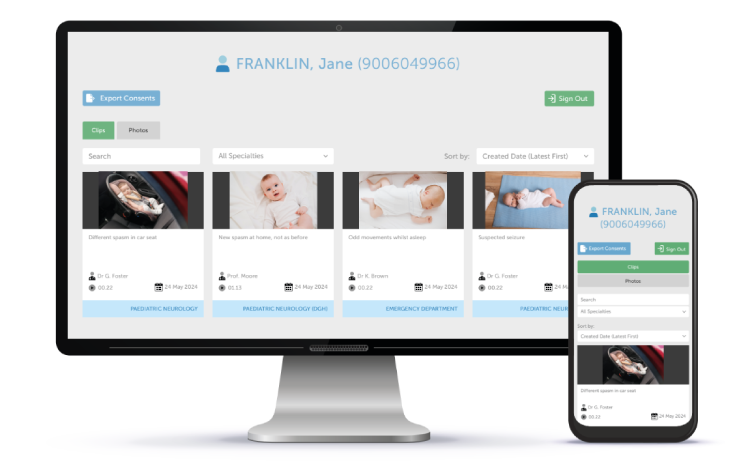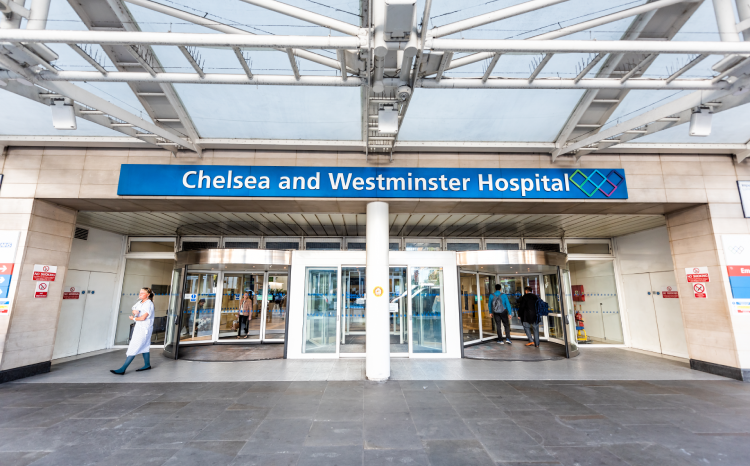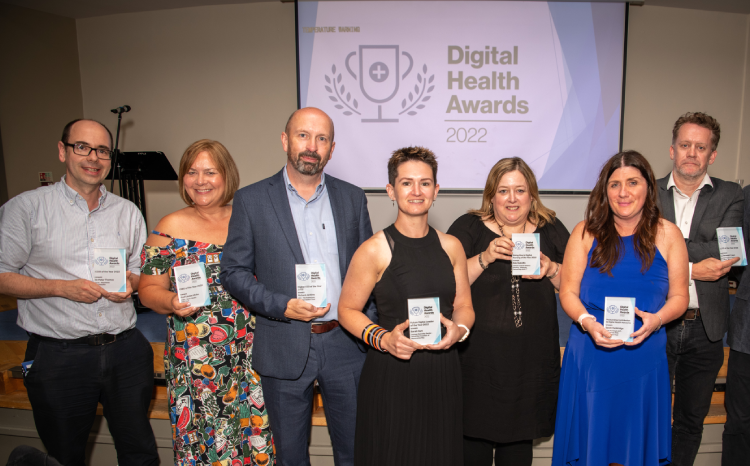EMRAD picks GE as imaging supplier
- 21 January 2015

EMRAD, a consortium of seven trusts in the East Midlands, has agreed a £30 million contract with GE Healthcare to act as prime contractor for a cloud-based picture archiving and communications system, radiology information system and vendor neutral archive.
GE will supply its own PACS and VNA and a RIS from HSS for the ten-year contract. The solution also includes GE’s dose monitoring product, DoseWatch, GE Centricity 360, peerVue Critical Results and peerVue Teaching Files.
The digital imaging market has been undergoing a refresh as the contracts placed by the National Programme for IT a decade ago come to an end.
Some of the trusts in the consortium had imaging systems managed by Accenture, the local service provider appointed under the NPfIT. However, others had made their own arrangements for PACS or RIS or both.
Tim Taylor, a consultant radiologist at Nottingham University Hospitals NHS Trust and the EMRAD medical director, said that the decision to procure as a consortium enabled the trusts to approach the market as a single entity.
“We hoped that that would be more attractive to suppliers as well as increasing our purchasing power.”
EMRAD procured the new software through the Official Journal of the European Union process.
Taylor said the consortium had recognised that the OJEU process could be “painful”, but had also felt that the process of competitive dialogue “would give us significantly more flexibility, particularly in terms of collaboratively being able to develop a technical solution which would work for our clinical services.”
The seven trusts will now be able to share images and information, so that any patient can be treated in any hospital without having to experience delays as images are sent between sites. “The tagline we ended up with very early on was ‘Any patient, any image, anywhere, anytime,’” said Taylor.
This would extend beyond the EMRAD region, he added. “We wanted the borders of EMRAD – where a trust talks to another trust outside EMRAD – to be as permeable as possible, so we didn't end up creating one super network that nobody else could talk to.”
Taylor said that the move to the cloud “has meant we concentrate more on network resilience and the capabilities of network rather than on hardware,” adding that the simplicity of the cloud structure also offered benefits.
“Once we compared the difference between having seven data silos and trying to get them to talk to each other versus having one data silo, the clinical benefits outweighed the rest of it.”
The trusts will be the first UK users of GE Centricity 360, which enables clinicians to collaborate in the cloud by sharing images and conferring on patient cases.
“We're really looking forward to using it not only for multidisciplinary teams, but also for our day-to-day clinical interactions,” Taylor said.
The consortium had been particularly impressed by GE’s standards-based VNA and the opportunities it provided for extending the archive to other –ologies, he added.
“Having a proper VNA, we can start to explore things like medical photography, cardiology, radiotherapy and even possibly digital pathology. That would give us the aim of creating a patient record for all imaging data, not just radiology.”
Rollout of the new systems is expected to be complete by April 2016.
The seven consortium members are: Chesterfield Royal Hospital NHS Foundation Trust, Kettering General Hospital NHS Foundation Trust, Sherwood Forest Hospitals NHS Foundation Trust, Nottingham University Hospitals NHS Trust, Northampton General Hospital NHS Trust, University Hospitals of Leicester NHS Trust and United Lincolnshire Hospitals NHS Trust.




